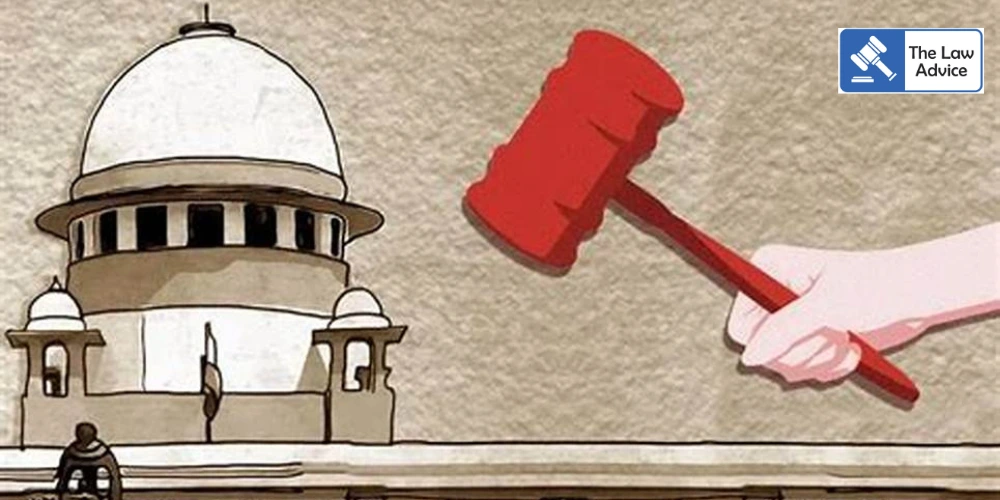
The Supreme Court has issued notice on a Public Interest Litigation (PIL) that calls for introducing priority reservation for economically weaker individuals within communities already entitled to reservations in government jobs and educational institutions.
A Bench comprising Justice Surya Kant and Justice Joymalya Bagchi passed the order on Monday. While dictating the notice, Justice Kant cautioned the petitioners’ counsel to prepare for a rigorous hearing on the next date, remarking that there would be “a lot of opposition” because of the “strong opinions” that exist on both sides of the debate.
During the proceedings, the petitioners’ counsel clarified the core demand: the percentage of reservation provided to SC, ST, OBC, and EWS categories under the Constitution would remain untouched, but economic criteria should determine who within these categories gets preference. The idea, counsel stressed, was not to replace caste-based reservation with purely economic-based reservation, but to ensure fairer distribution of benefits to those still economically disadvantaged within these groups.
Justice Kant summarized the proposal: within the same reserved community, if some members have already attained significant social and economic progress through reservation benefits over time, the benefit should instead be extended to others in the same category who remain underprivileged. He added that the Court would objectively consider whether the aim of reservation—uplifting disadvantaged sections—should remain confined to a fixed set of beneficiaries or should be broadened to include those who have been left behind despite belonging to a reserved category.
The PIL advocates for an income-based sub-classification in every reserved category, thereby creating a “sub-class” of economically weaker individuals among Scheduled Castes (SC), Scheduled Tribes (ST), Other Backward Classes (OBC), and Economically Weaker Sections (EWS). The petitioners argue that these sub-classes should be given priority in selection to ensure that reservation benefits do not get concentrated among the relatively better-off sections of these communities.
They have relied on the Supreme Court’s judgment in State of Punjab v. Davinder Singh, in which a 7-judge bench (by a 6:1 majority) held that sub-classification within Scheduled Castes is constitutionally permissible to create separate quotas for the “more backward” groups within them.
The petitioners seek directions to the Union Government to frame policies for a merit-cum-means reservation model, aiming to make the reservation system more equitable, inclusive, and effective in addressing current socio-economic disparities.
Case Title: Ramashankar Prajapati & Anr. v. Union of India & Ors., W.P.(C) No. 682/2025
Website designed, developed and maintained by webexy